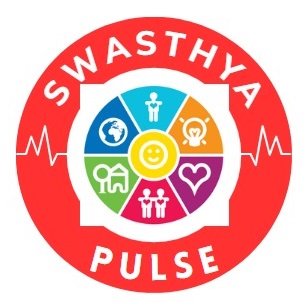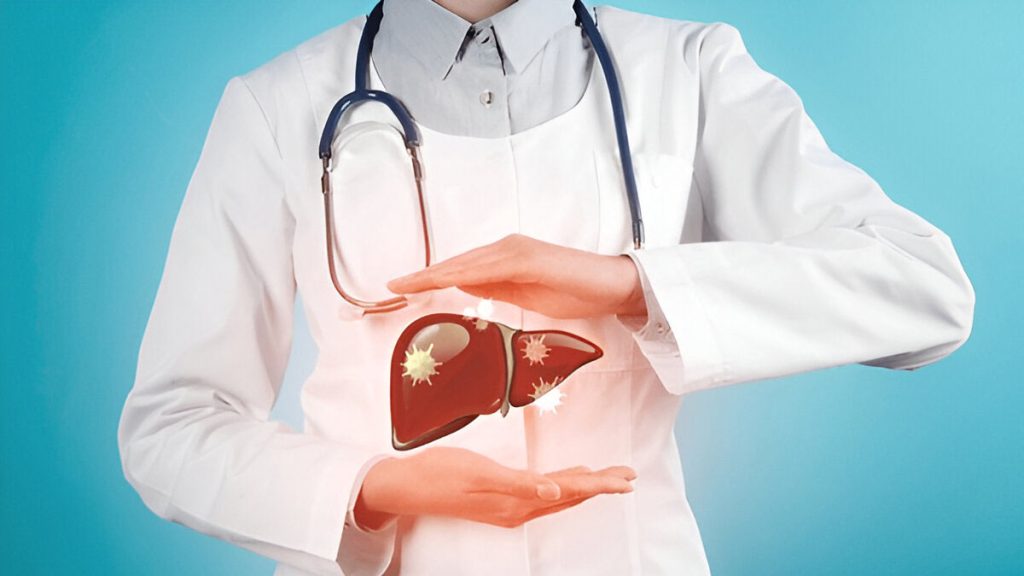Kerala is currently witnessing a sharp surge in Hepatitis A cases, prompting serious public health concern. As of April 16, 2025, over 3,000 cases and 16 deaths have been reported. The trend is worrying, especially with over 50 new cases documented already in May, adding to last year’s total of 7,943 cases and 81 deaths.
The outbreak has affected districts like Ernakulam, Malappuram, Kozhikode, and Thrissur, with the looming monsoon season threatening to worsen the situation.
What Is Hepatitis A?
Hepatitis A is a viral infection that causes liver inflammation. Spread mainly through contaminated food, water, or close contact with an infected person, it is highly contagious. Though it often resolves without complications, in some cases—particularly in vulnerable individuals—it can cause severe illness and even liver failure.
According to WHO, Hepatitis A caused over 7,000 deaths globally in 2016.
Common Symptoms of Hepatitis A
The infection usually appears after an incubation period of about 28 days. Symptoms include:
Fatigue and weakness
Nausea and vomiting
Abdominal pain
Loss of appetite
Jaundice (yellowing of skin and eyes)
Dark urine and pale stools
Mild fever
What’s Driving the Outbreak in Kerala?
Experts say the main culprits are contaminated food and water due to poor sanitation and hygiene.
“Hepatitis A outbreaks typically occur where water sources are contaminated or food is mishandled,” says Dr. Anupama N K, Medical Gastroenterologist, Aster CMI Hospital.
She explains that the faecal-oral transmission route is the key mode of infection, especially in crowded settings or areas lacking clean drinking water and sanitation infrastructure.
Dr. Manoj Gupta, Head of Liver Transplant, PSRI Hospital, adds that an increasing number of susceptible adults, unhygienic food handling, and insufficient sanitation have escalated the crisis.
Who Is Most at Risk?
Some groups are more vulnerable to serious illness from Hepatitis A:
Older adults (above 50 years)
People with pre-existing liver diseases (like Hepatitis B or C)
Individuals with weakened immune systems (such as HIV/AIDS patients)
How to Stay Safe
To reduce your risk of Hepatitis A infection, follow these essential preventive steps:
✅ Get vaccinated – The Hepatitis A vaccine is safe and effective.
✅ Maintain hand hygiene – Wash hands with soap, especially after using the toilet and before eating.
✅ Eat safe food, drink clean water – Avoid street food or untreated water, especially in outbreak zones.
✅ Avoid contact with infected individuals – Take precautions if someone in your home is infected.
✅ Ensure sanitation – Proper waste disposal and clean toilets are key in stopping the virus.


